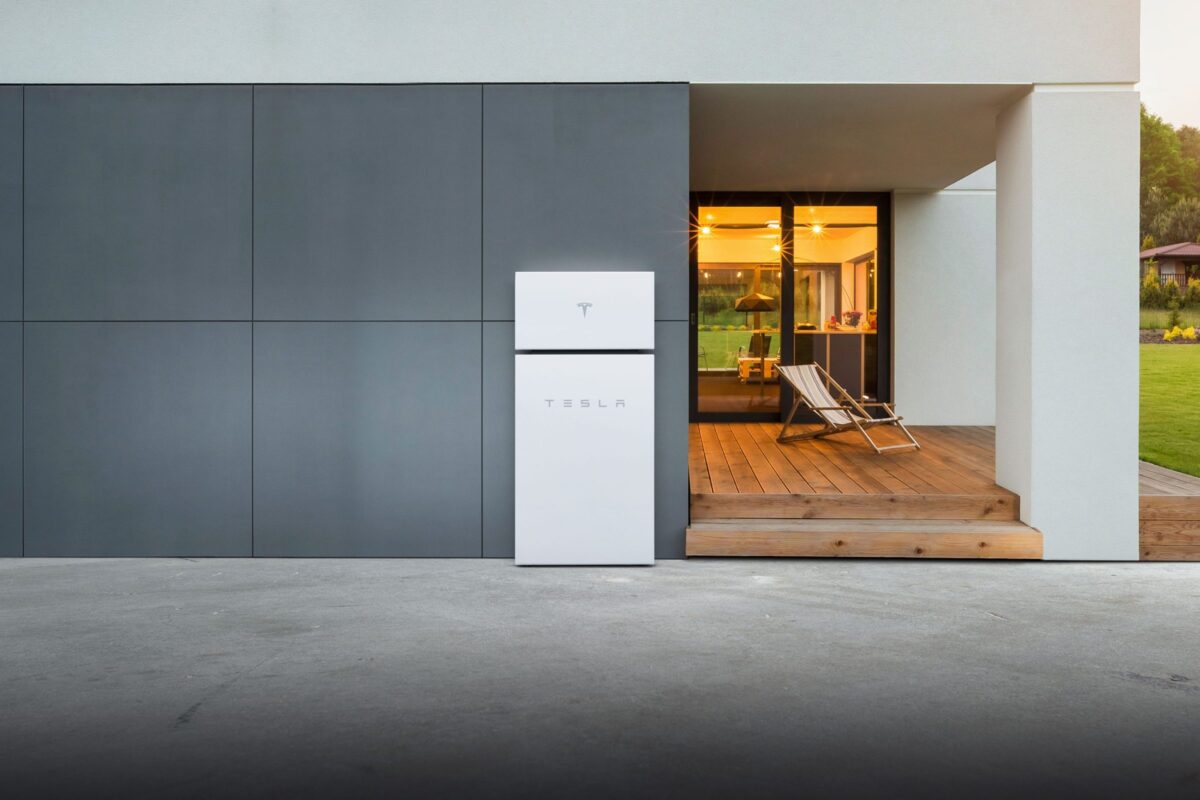Nearly 100 years after Polish scientist Jan Czochralski figured out how to produce monocrystalline silicon PV (MSPV) cells and 76 years after the first MSPV modules were built, scientists have grown a monocrystalline version of a perovskite cell.
A team of Chinese and U.S. scientists have grown a single-crystalline perovskite cell on on electron-collecting FTO/TiO2 substrate, moving the technology forward significantly. And though it won’t replace monocrystalline silicon cells anytime soon (the new cell’s efficiency is only 9%), it’s the first time perovskite has been grown as a single cell since the discovery of perovskite’s PV conversion properties in 2009.
Until now, perovskite cells have been based on polycrystalline CH3NH3PbI3 films. As with any polycrystalline structure, it’s necessarily more susceptible to defects that can lower performance. Currently, the highest efficiency polycrystalline perovskite cell is 22%. In contrast, the National Renewable Energy Laboratory and Swiss researchers recently reached 32% and 35% efficiencies on dual- and triple-junction silicon cells, respectively. And while the moncrystalline cell’s efficiency is still miniscule compared to current monocrystalline cell efficiencies, every PV technology has to start somewhere.
What makes perovskite attractive to so many module manufacturers is that it’s less expensive to produce cells and is flexible, in contrast, of course, to the rigid and more expensively produced silicon cells currently in use. The researchers are excited by their ability to bind the new cell tightly to FTO/TiO2 because it is the most common backing for perovskite solar cells, which will make mass production much easier.
This content is protected by copyright and may not be reused. If you want to cooperate with us and would like to reuse some of our content, please contact: editors@pv-magazine.com.








By submitting this form you agree to pv magazine using your data for the purposes of publishing your comment.
Your personal data will only be disclosed or otherwise transmitted to third parties for the purposes of spam filtering or if this is necessary for technical maintenance of the website. Any other transfer to third parties will not take place unless this is justified on the basis of applicable data protection regulations or if pv magazine is legally obliged to do so.
You may revoke this consent at any time with effect for the future, in which case your personal data will be deleted immediately. Otherwise, your data will be deleted if pv magazine has processed your request or the purpose of data storage is fulfilled.
Further information on data privacy can be found in our Data Protection Policy.